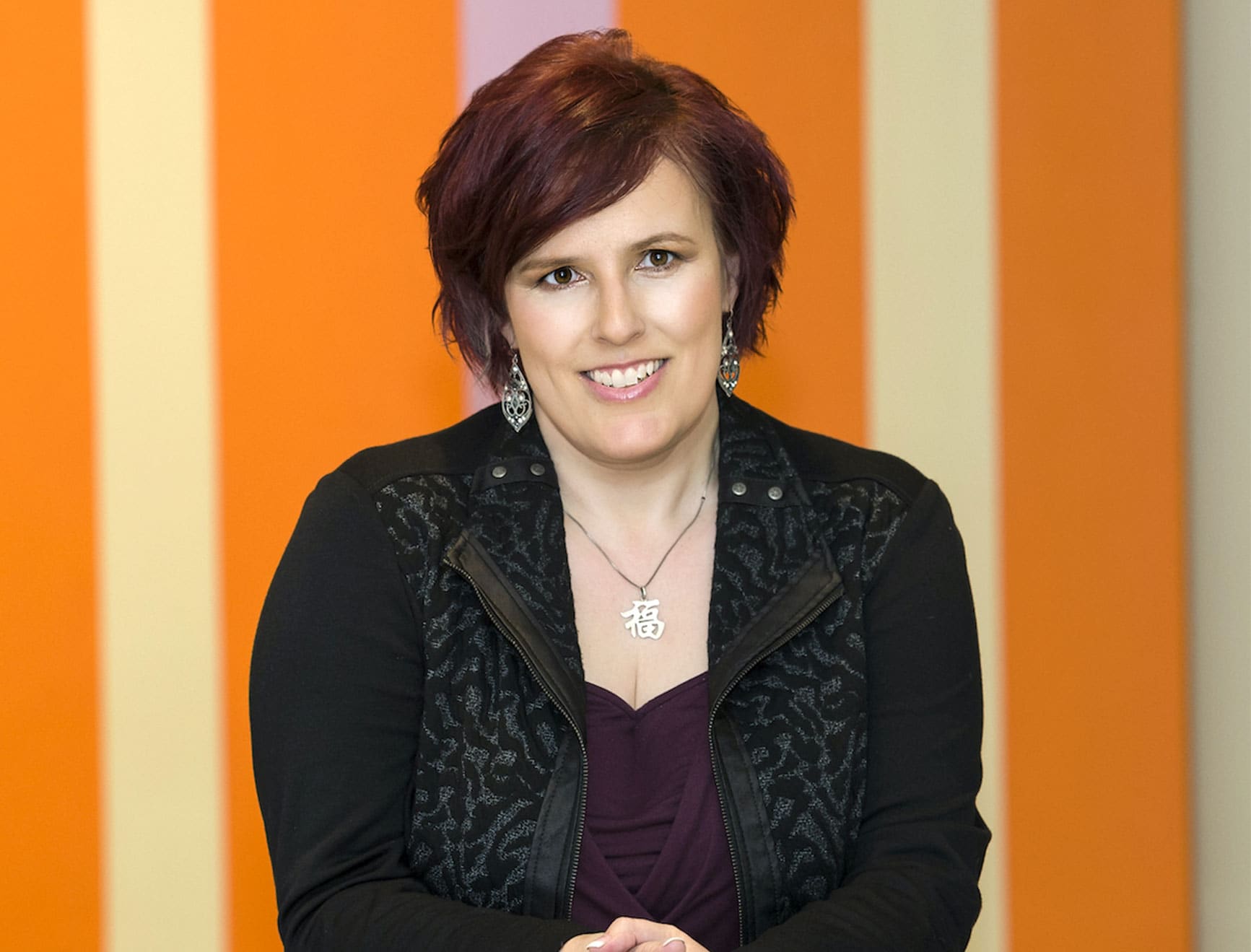Virginia Commonwealth University
Annual Report 2020-2021
The message matters

For years, Jeanine Guidry, Ph.D., has studied effective public messaging during a health crisis, the spread of health misinformation on social media, and how to encourage people to get vaccinated against new viruses.
Little did she know, a global pandemic — that would test every one of her theories — was on the horizon.
“I’ve been getting ready for this for years. I didn’t know that, but I have been,” said Guidry, an assistant professor in the Richard T. Robertson School of Media and Culture in the College of Humanities and Sciences and director of the Media+Health Lab.
Just 19 days after COVID-19 was declared a pandemic, Guidry began teaching a new class, “Digital Crisis Communications for Global Pandemics,” which she developed in a little over a week. She also shifted her research to focus on early COVID-19 prevention strategies behaviors. Later that year, she changed course again, becoming one of the first to investigate the psychological and social predictors of U.S. adults’ willingness to get a COVID-19 vaccine.
By late 2020, Guidry’s work arrived on the desk of Arthur L. Kellerman, M.D., senior vice president for health sciences at VCU and CEO of VCU Health System. He immediately set up a meeting and arranged for Guidry to spend the spring semester working exclusively on her COVID-19 research.
Some of the most effective research is done when we work together, and bring people together. To find solutions, we need everyone at the table.
Guidry’s main project was the development of online decision aids, which will help people navigate the choice to get the COVID-19 vaccine. When the decision aids are rolled out in coming months, one will be aimed at the general public and another specifically for parents and children. Guidry and her collaborators are translating the decision aids into Portuguese and Spanish with plans to test them in South America in addition to the U.S.
Guidry also consulted with VCU Health as it developed strategies to encourage people to be vaccinated.
“Our campuses may be a couple miles apart, but I believe that some of the most effective research is done when we work together and bring people together,” she said. “To find solutions, we need everyone at the table.”
Future studies will look at vaccine perceptions and hesitancy among different populations, such as evangelicals, people who are not white, and young people. Her work leads to improved communication about COVID-19 and the latest variants, such as omicron, but she also hopes the lessons apply to the next pandemic.
“The World Health Organization said recently that they don’t necessarily think this was the big one, that COVID wasn’t the big pandemic,” Guidry said. “If this is not the big one, then I want us to be ready whenever it does show up.”